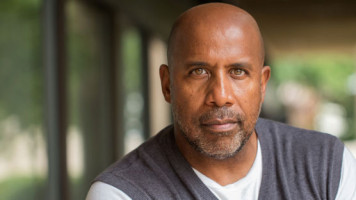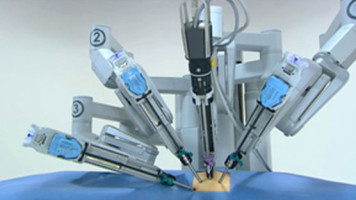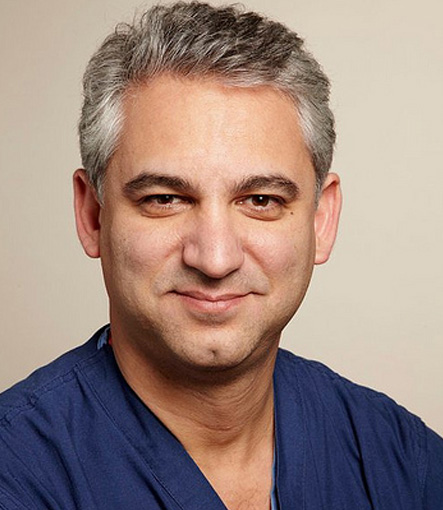New Drugs Show Promise In Fighting Aggressive Prostate Cancer
According to a new study, there may now be hope for men suffering from aggressive prostate cancer who are no longer responding to traditional treatment. Researchers from The Institute of Cancer Research (ICR) in London have found that a new class of prostate cancer drugs has the potential to inhibit Hsp90, which is a protein often resistant to conventional treatments. Researchers discovered that the drugs, called Hsp90 inhibitors, specifically target and inactivate a mechanism commonly used by prostate cancer cells to evade the effects of standard treatment.
Their findings have provided vital information regarding the role of Hsp90 in drug-resistant prostate cancers, and open up potential new routes to cancer treatment based on blocking this or related proteins. The team also found that Hsp90 inhibitors countered the effect of malfunctions in the androgen receptor, which often occur in resistance to hormone treatments. The research suggests that Hsp90 inhibitors could be effective in prostate cancers that have become resistant to treatment and started spreading around the body. Prostate tumours rely on male hormones called androgens to grow and spread, and blocking androgen receptors can be an effective treatment.
“We have demonstrated for the first time that Hsp90 inhibitors can block the production of the most common abnormal androgen receptors that cause many prostate cancers to stop responding to current treatments. These drugs are already in clinical trials for several types of cancer, and I am excited that our work suggests they could also benefit men with prostate cancer who have otherwise run out of treatment options.”
Study co-leader Johann de Bono, professor at The Institute of Cancer Research
Additionally their research also found that on top of their known effects on cancer, Hsp90 inhibition also blocked production of abnormal forms of the androgen receptor, stripping cancer cells of their defences against hormone treatments. Researchers had used mice to see the effectiveness of Hsp90 inhibitors in treating aggressive prostate cancer.
Study co-leader Paul Workman said, “We call Hsp90 inhibitors ‘network drugs’ because they tackle several of the signals that are hijacked in cancer all at once, across a network rather than just a single signalling pathway. He also said that the Hsp90 inhibitors would next be tested “in clinical trials on patients with aggressive, drug-resistant prostate cancer.”
The study was funded by Wellcome Trust and was published in Cancer Research.






